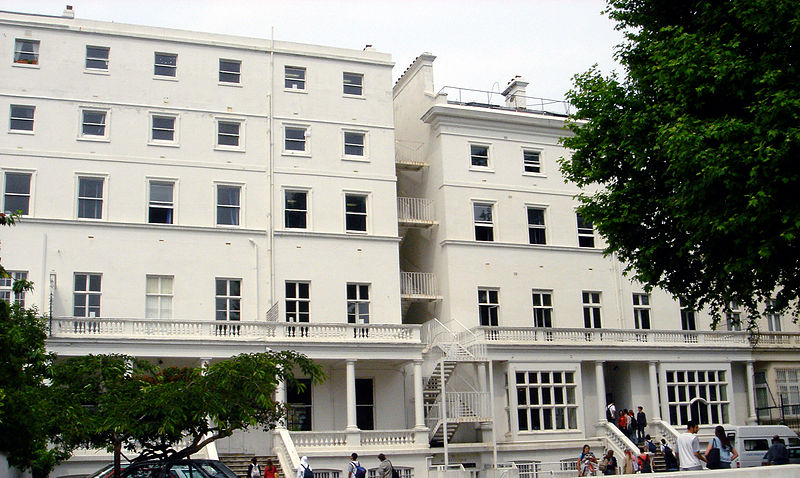
European embassies in London are actively lobbying the UK government to exempt international schools from the upcoming 20 per cent VAT charge on private
education fees. The tax change, set to take effect in January 2025, has sparked concern among European nations that fund these schools, arguing that British independent schools abroad face no similar tax.
The embassies warn that this VAT policy could make school fees unaffordable for many of their staff in the UK and strain diplomatic relations. The UK government, however, expects the new tax to generate up to £1.5bn, aimed at enhancing state education, including hiring 6,500 additional teachers.
A Spanish official told the Financial Times that the Spanish embassy participated in the UK’s public consultation, requesting that the Instituto Español Vicente Cañada Blanch (IEVCB) in London be exempt from the new VAT charge. The school, though registered as an independent institution in the UK, is funded and operated by the Spanish government for "non-commercial governmental purposes" akin to public education, according to the official.
IEVCB offers free education to Spanish nationals and reduced fees to non-Spanish students. While the embassy has not yet decided whether to begin charging Spanish pupils, it currently charges approximately £7,000 annually for non-Spanish students. The Spanish embassy highlighted the principle of “reciprocity,” pointing out that British schools in Spain, like all schools in the country, are exempt from VAT.
In the UK, some private schools have informed parents they will pass the full 20 per cent VAT increase on to them, while others plan to absorb part of the additional cost through internal savings.
The French Embassy has also voiced concerns over the impact of the VAT change. France oversees and partially funds 11 schools in the UK, including the Lycée Français Charles de Gaulle in London, where annual fees can reach £16,923. A 20 per cent increase could push those fees above £20,000. French embassy officials emphasized that their government’s financial support aims to integrate these schools into the French educational system and keep them affordable for families abroad.
While the embassy stated it does not intend to interfere with UK legislation, officials underscored the unique nature of these schools. They noted that in France, international schools like the British School of Paris are exempt from VAT. The French Embassy hopes the UK government will consider this distinction when implementing the reform.
Similarly, German Embassy representatives confirmed they are engaging with the UK government on the issue, particularly regarding the German School in Richmond, which is partially funded by the German government.
A spokesperson for the UK government responded, saying, “We want to ensure all children have the best chance in life to succeed. Ending tax breaks on private schools will help raise the revenue needed to fund our education priorities for next year, including recruiting 6,500 new teachers.” Photo by User:Lincolnite, Wikimedia commons.







































